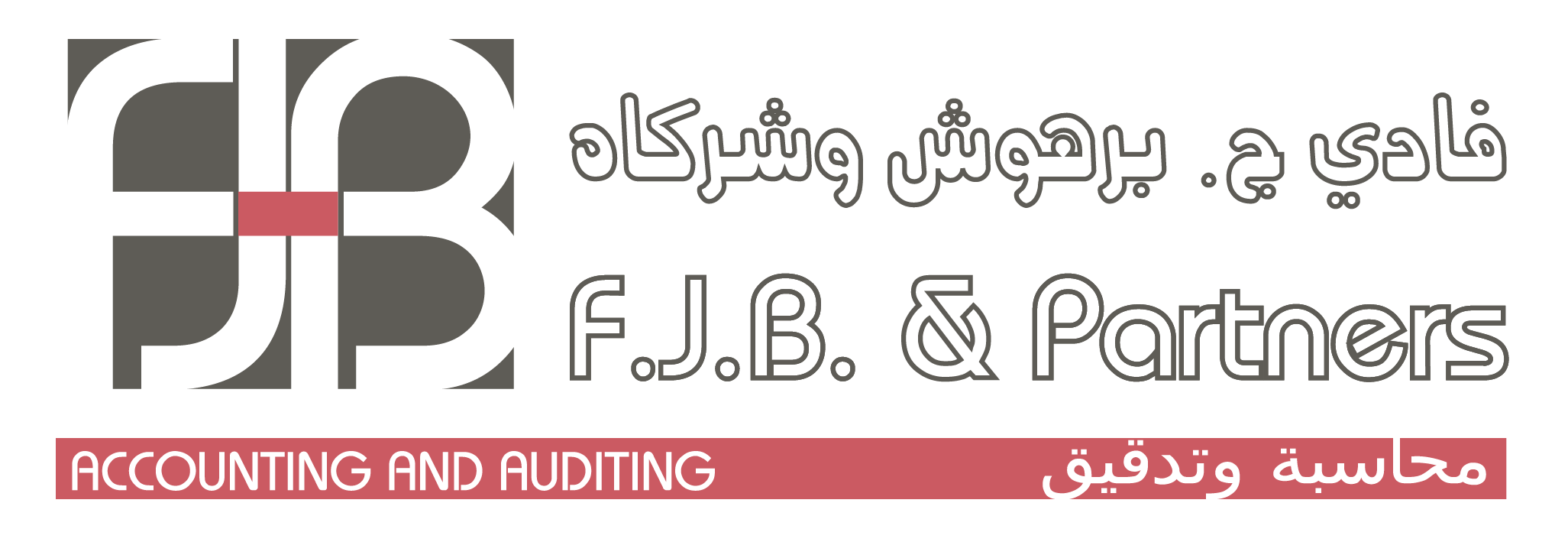The answers to all your financial questions
Frequently Asked Questions
Yes. Non-residents are defined as any business that doesn’t have a permanent business address registered in Lebanon. An effective tax rate of 7.5% is levied on gross income generated from services rendered, and 2.25% on income generated from goods sold.
VAT is a tax on domestic consumption. The tax is paid by the consumer on transactions related to goods and services, whether they are imported or locally produced. A fixed tax rate of 11% is levied on taxable services and goods.
The National Social Security Fund (NSSF) provides employees with insurance coverage for sickness and maternity care. It also covers family allowance, end-of-service pension, and work-related accidents and diseases. Employers need to register all employees working for local and international firms in the National Social Security Fund. Foreign employees with a valid work permit and residence permit are entitled to join the NSSF but are not entitled to end-of-service subscriptions, except for the following countries: Belgium, France, Italy, England. They also do not benefit from NSSF services.
Contributions:
- 6% of the taxable salary toward family allowances (with a ceiling of 3,425,000 LBP of the salary), contributed by the employer.
- 11% of the taxable salary toward health indemnity (with a ceiling of 5,600,000 LBP of the salary), 8% contributed by the employer, and 3% by the employee.
- 8.5% of the taxable salary toward end-of-service funds (with no ceiling).
Family allowances:
- A married employee registered in NSSF receives a spouse allowance of LBP 60,000 and an additional LBP 33,000 for every child (up to 5 children), to be paid, monthly, by the NSSF, through the employer.
